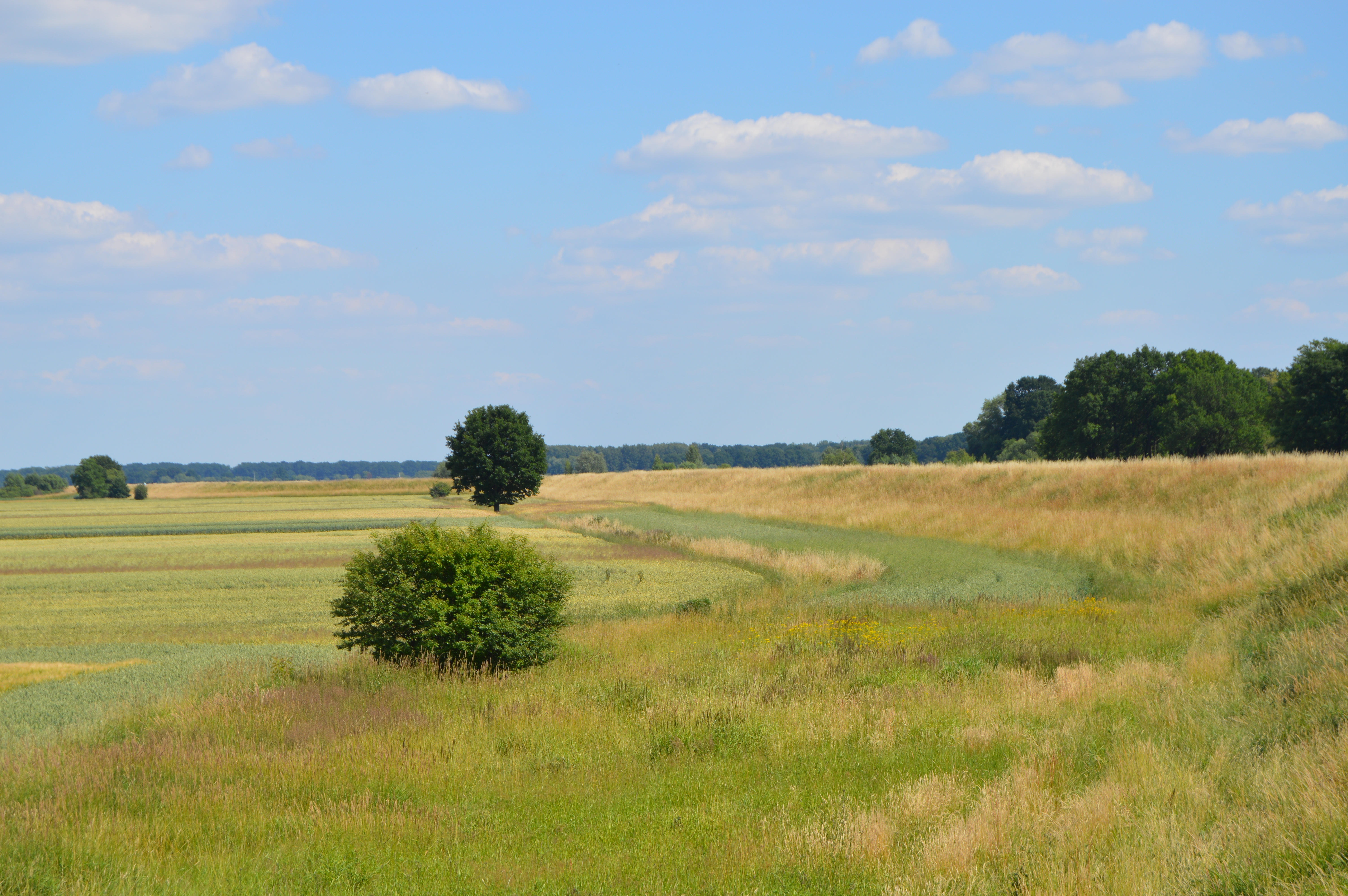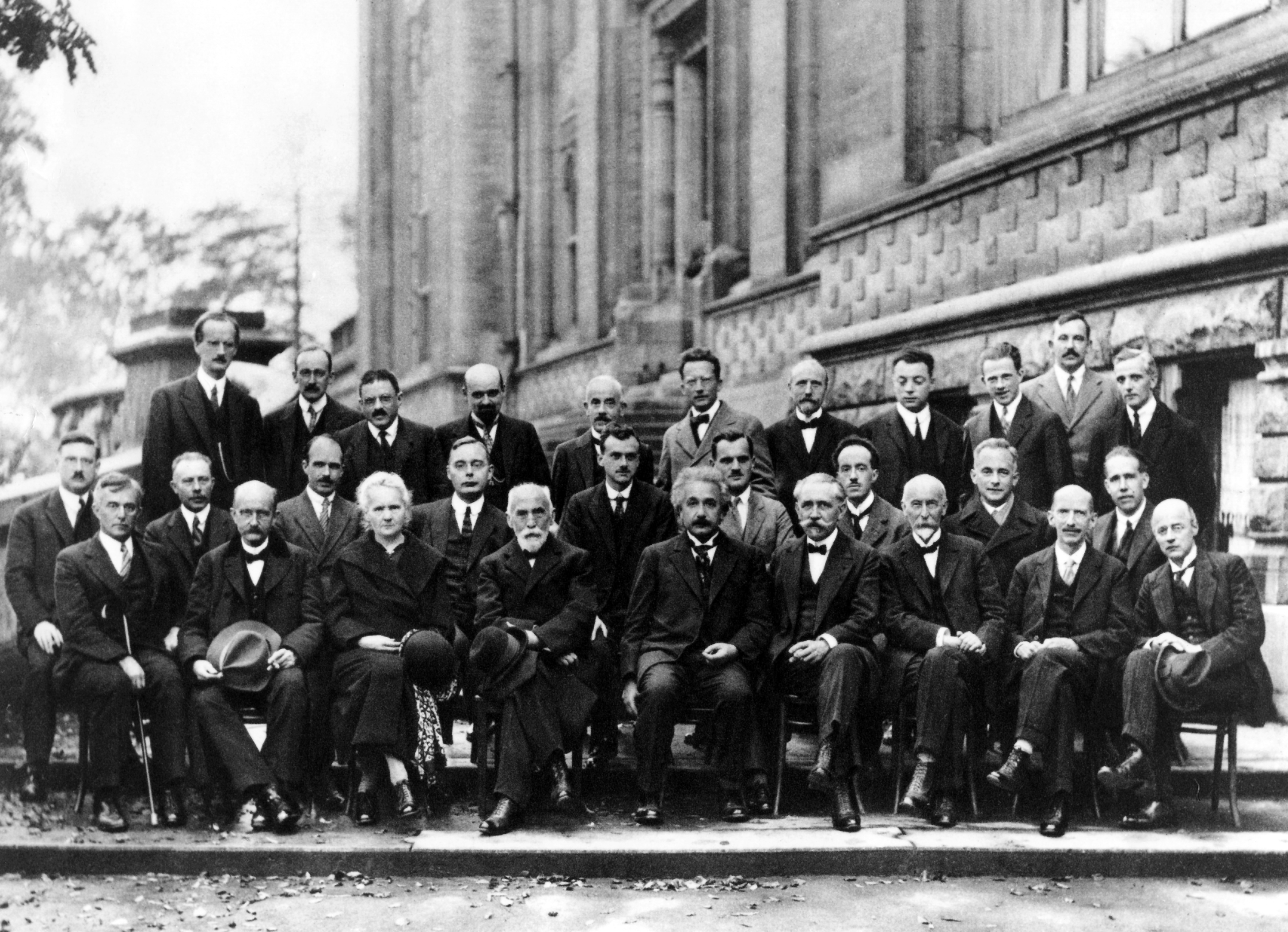|
Ernst Hermann Riesenfeld
Ernst Hermann Riesenfeld (25 October 1877 – 19 May 1957) was a Germany, German/Sweden, Swedish chemist. Riesenfeld started his academic career with important contributions in electrochemistry by the side of his mentor Walther Nernst, and continued as a professor with work on the improvement of Analytical chemistry, analytical techniques and the purification of ozone. Dismissed and prosecuted in Nazi Germany due to his Jewish origins, he Emigration of Jews from Nazi Germany and German-occupied Europe, emigrated to Sweden in 1934 and continued his ozone-related work there until retirement. Biography Riesenfeld was born in Brzeg, Brieg (which was then in Prussia, but is now Brzeg in Poland), the son of physician (:de:Sanitätsrat, Sanitätsrat) Dr. Emanuel Riesenfeld, and attended the local school. Following the family’s move to Breslau (now Wrocław, Poland) he attended the humanistic König-Wilhelms Gymnasium, which he left in 1897 (Max Born attended the same Gymnasium until 1 ... [...More Info...] [...Related Items...] OR: [Wikipedia] [Google] [Baidu] |
Brzeg
Brzeg (; Latin: ''Alta Ripa'', German: ''Brieg'', Silesian German: ''Brigg'', , ) is a town in southwestern Poland with 34,778 inhabitants (December 2021) and the capital of Brzeg County. It is situated in Silesia in the Opole Voivodeship on the left bank of the Oder river. The town of Brzeg was first mentioned as a trading and fishing settlement in the year 1234. In 1248, Silesian Duke Henry III the White granted the settlement Magdeburg town rights and by the late 13th century the city became fortified. Sometimes referred to as “the garden town”, the town's size greatly expanded after the construction of dwelling houses which were located on the city outskirts. From the early 14th to late 17th centuries, the town was ruled by the Piast dynasty as fiefs of the Bohemian Crown within the Holy Roman Empire. Later, as the result of the Silesian Wars, the town became Prussian. After the border shifts of 1945, the town's German populace was expelled and the town became part of P ... [...More Info...] [...Related Items...] OR: [Wikipedia] [Google] [Baidu] |
Sweden
Sweden, formally the Kingdom of Sweden,The United Nations Group of Experts on Geographical Names states that the country's formal name is the Kingdom of SwedenUNGEGN World Geographical Names, Sweden./ref> is a Nordic country located on the Scandinavian Peninsula in Northern Europe. It borders Norway to the west and north, Finland to the east, and is connected to Denmark in the southwest by a bridgetunnel across the Öresund. At , Sweden is the largest Nordic country, the third-largest country in the European Union, and the fifth-largest country in Europe. The capital and largest city is Stockholm. Sweden has a total population of 10.5 million, and a low population density of , with around 87% of Swedes residing in urban areas in the central and southern half of the country. Sweden has a nature dominated by forests and a large amount of lakes, including some of the largest in Europe. Many long rivers run from the Scandes range through the landscape, primarily ... [...More Info...] [...Related Items...] OR: [Wikipedia] [Google] [Baidu] |
Springer Verlag
Springer Science+Business Media, commonly known as Springer, is a German multinational publishing company of books, e-books and peer-reviewed journals in science, humanities, technical and medical (STM) publishing. Originally founded in 1842 in Berlin, it expanded internationally in the 1960s, and through mergers in the 1990s and a sale to venture capitalists it fused with Wolters Kluwer and eventually became part of Springer Nature in 2015. Springer has major offices in Berlin, Heidelberg, Dordrecht, and New York City. History Julius Springer founded Springer-Verlag in Berlin in 1842 and his son Ferdinand Springer grew it from a small firm of 4 employees into Germany's then second largest academic publisher with 65 staff in 1872.Chronology ". Springer Science+Business Media. In 1964, Springer expanded its business internationally, o ... [...More Info...] [...Related Items...] OR: [Wikipedia] [Google] [Baidu] |
Göttingen
Göttingen (, , ; nds, Chöttingen) is a college town, university city in Lower Saxony, central Germany, the Capital (political), capital of Göttingen (district), the eponymous district. The River Leine runs through it. At the end of 2019, the population was 118,911. General information The origins of Göttingen lay in a village called ''Gutingi, ''first mentioned in a document in 953 AD. The city was founded northwest of this village, between 1150 and 1200 AD, and adopted its name. In Middle Ages, medieval times the city was a member of the Hanseatic League and hence a wealthy town. Today, Göttingen is famous for its old university (''Georgia Augusta'', or University of Göttingen, "Georg-August-Universität"), which was founded in 1734 (first classes in 1737) and became the most visited university of Europe. In 1837, seven professors protested against the absolute sovereignty of the House of Hanover, kings of Kingdom of Hanover, Hanover; they lost their positions, but be ... [...More Info...] [...Related Items...] OR: [Wikipedia] [Google] [Baidu] |
Heidelberg
Heidelberg (; Palatine German language, Palatine German: ''Heidlberg'') is a city in the States of Germany, German state of Baden-Württemberg, situated on the river Neckar in south-west Germany. As of the 2016 census, its population was 159,914, of which roughly a quarter consisted of students. Located about south of Frankfurt, Heidelberg is the List of cities in Baden-Württemberg by population, fifth-largest city in Baden-Württemberg. Heidelberg is part of the densely populated Rhine-Neckar, Rhine-Neckar Metropolitan Region. Heidelberg University, founded in 1386, is Germany's oldest and one of Europe's most reputable universities. Heidelberg is a Science, scientific hub in Germany and home to several internationally renowned #Research, research facilities adjacent to its university, including the European Molecular Biology Laboratory and four Max Planck Society, Max Planck Institutes. The city has also been a hub for the arts, especially literature, throughout the centurie ... [...More Info...] [...Related Items...] OR: [Wikipedia] [Google] [Baidu] |
Max Born
Max Born (; 11 December 1882 – 5 January 1970) was a German physicist and mathematician who was instrumental in the development of quantum mechanics. He also made contributions to solid-state physics and optics and supervised the work of a number of notable physicists in the 1920s and 1930s. Born won the 1954 Nobel Prize in Physics for his "fundamental research in quantum mechanics, especially in the statistical interpretation of the wave function". Born entered the University of Göttingen in 1904, where he met the three renowned mathematicians Felix Klein, David Hilbert, and Hermann Minkowski. He wrote his PhD thesis on the subject of "Stability of Elastica in a Plane and Space", winning the university's Philosophy Faculty Prize. In 1905, he began researching special relativity with Minkowski, and subsequently wrote his habilitation thesis on the Thomson model of the atom. A chance meeting with Fritz Haber in Berlin in 1918 led to discussion of how an ionic compound is ... [...More Info...] [...Related Items...] OR: [Wikipedia] [Google] [Baidu] |
Wrocław
Wrocław (; german: Breslau, or . ; Silesian German: ''Brassel'') is a city in southwestern Poland and the largest city in the historical region of Silesia. It lies on the banks of the River Oder in the Silesian Lowlands of Central Europe, roughly from the Baltic Sea to the north and from the Sudeten Mountains to the south. , the official population of Wrocław is 672,929, with a total of 1.25 million residing in the metropolitan area, making it the third largest city in Poland. Wrocław is the historical capital of Silesia and Lower Silesia. Today, it is the capital of the Lower Silesian Voivodeship. The history of the city dates back over a thousand years; at various times, it has been part of the Kingdom of Poland, the Kingdom of Bohemia, the Kingdom of Hungary, the Habsburg monarchy of Austria, the Kingdom of Prussia and Germany. Wrocław became part of Poland again in 1945 as part of the Recovered Territories, the result of extensive border changes and expulsions ... [...More Info...] [...Related Items...] OR: [Wikipedia] [Google] [Baidu] |
Poland
Poland, officially the Republic of Poland, is a country in Central Europe. It is divided into 16 administrative provinces called voivodeships, covering an area of . Poland has a population of over 38 million and is the fifth-most populous member state of the European Union. Warsaw is the nation's capital and largest metropolis. Other major cities include Kraków, Wrocław, Łódź, Poznań, Gdańsk, and Szczecin. Poland has a temperate transitional climate and its territory traverses the Central European Plain, extending from Baltic Sea in the north to Sudeten and Carpathian Mountains in the south. The longest Polish river is the Vistula, and Poland's highest point is Mount Rysy, situated in the Tatra mountain range of the Carpathians. The country is bordered by Lithuania and Russia to the northeast, Belarus and Ukraine to the east, Slovakia and the Czech Republic to the south, and Germany to the west. It also shares maritime boundaries with Denmark and Sweden. ... [...More Info...] [...Related Items...] OR: [Wikipedia] [Google] [Baidu] |
Prussia
Prussia, , Old Prussian: ''Prūsa'' or ''Prūsija'' was a German state on the southeast coast of the Baltic Sea. It formed the German Empire under Prussian rule when it united the German states in 1871. It was ''de facto'' dissolved by an emergency decree transferring powers of the Prussian government to German Chancellor Franz von Papen in 1932 and ''de jure'' by an Allied decree in 1947. For centuries, the House of Hohenzollern ruled Prussia, expanding its size with the Prussian Army. Prussia, with its capital at Königsberg and then, when it became the Kingdom of Prussia in 1701, Berlin, decisively shaped the history of Germany. In 1871, Prussian Minister-President Otto von Bismarck united most German principalities into the German Empire under his leadership, although this was considered to be a "Lesser Germany" because Austria and Switzerland were not included. In November 1918, the monarchies were abolished and the nobility lost its political power during the Ger ... [...More Info...] [...Related Items...] OR: [Wikipedia] [Google] [Baidu] |
Emigration Of Jews From Nazi Germany And German-occupied Europe
After Adolf Hitler came into power in 1933, Jews began to escape German-occupied Europe. Germany and Austria In 1933, Hitler and the Jewish League agreed to the Haavara Agreement in which, over time, German Jews and their finances could and would settle in Mandatory Palestine. Furthermore, the Havaara Mark was used instead of the Deutschmark, because of its lower interest rates, and it was seen as more favourable. By the end of 1933, of the 600,000 German Jews, 100,000 had already emigrated to Palestine. Following this, they discouraged emigration by restricting the amount of money Jews could take from German banks and imposed high emigrations taxes. The German government forbade emigration from the Greater Germanic Reich after October 1941. The German Jews who remained, about 163,000 in Germany and less than 57,000 from annexed Austria, were mostly elderly who were murdered in ghettos or taken to Nazi concentration camps, where most were murdered. Jews were able to leave Vichy ... [...More Info...] [...Related Items...] OR: [Wikipedia] [Google] [Baidu] |




